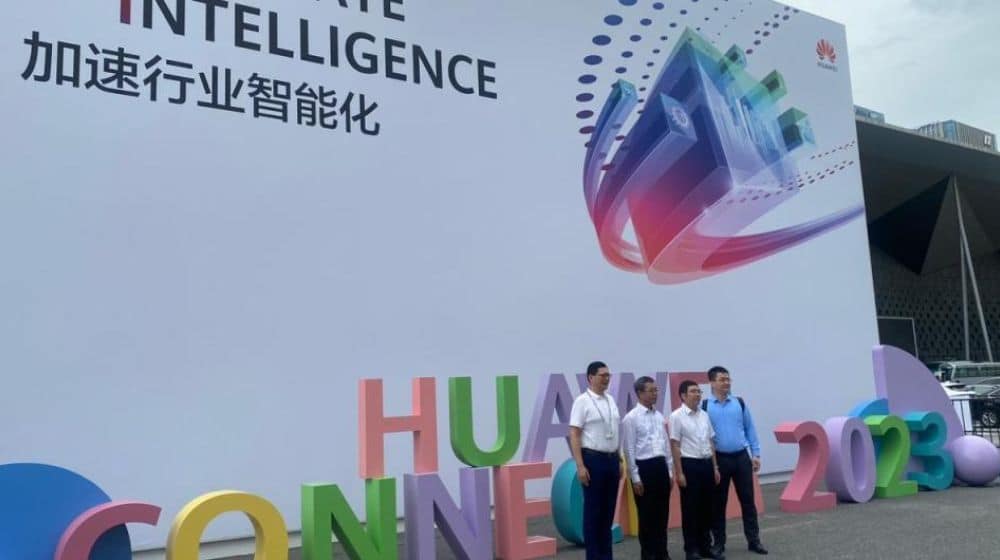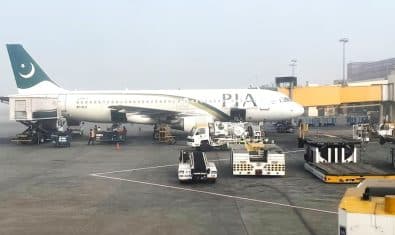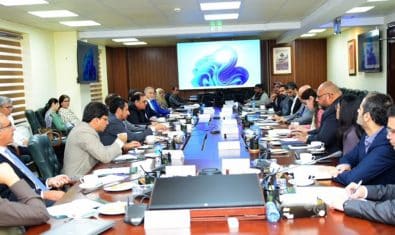Huawei Connect 2023 commenced its proceedings in Shanghai on Wednesday, drawing together a diverse spectrum of participants including business leaders, tech experts, partners, developers, and industry stakeholders from across the globe. The primary aim of the event is to collectively explore new horizons in pursuit of an intelligent future.
One of the event’s highlights was the unveiling of Huawei’s “All Intelligence” strategy by Sabrina Meng, who serves as Huawei’s Deputy Chairwoman, Rotating Chairwoman, and CFO. This visionary strategy underscores Huawei’s ongoing commitment to delve deep into foundational AI technologies, with the goal of establishing a robust computing infrastructure for China and the world. The objective is to facilitate a wide array of AI models and applications across various industries.
As part of its contributions to the event, Huawei introduced a reference architecture designed to propel intelligent transformation. This architecture, featured in Huawei’s new white paper titled “Accelerating Intelligent Transformation,” provides practical insights and references to assist industries in harnessing the power of intelligence.
Over the past two decades, Huawei has been at the forefront of driving information and communications technology. From the “All IP” strategy supporting informatization to the “All Cloud” strategy fueling digitalization, Huawei has consistently led industry transitions. As AI gains momentum and continues to reshape industries, the “All Intelligence” strategy aims to help industries seize strategic opportunities presented by AI.
Key to this strategy is the provision of substantial computing power necessary for training foundational models across different industries. Meng emphasized Huawei’s commitment to building a formidable computing infrastructure, fostering synergy between hardware, software, chips, edge devices, and cloud resources. The ultimate goal is to cater to diverse AI computing requirements across industries.
Meng outlined Huawei’s next steps, emphasizing collaboration with customers, partners, developers, and stakeholders to offer cutting-edge, user-friendly industry solutions. The objective is to promote digital security, trustworthiness, and intelligence across all sectors.
In closing, Meng underscored the importance of solidarity and determination in shaping the intelligent future: “Competence breeds confidence. And the future is one we build together.”
Following Meng’s address, David Wang, Huawei’s Executive Director of the Board, Chairman of the ICT Infrastructure Managing Board, and President of the Enterprise BG, announced the launch of Huawei’s groundbreaking Atlas 900 SuperCluster. This AI computing cluster, a part of Huawei’s Ascend series, is optimized for training massive AI foundation models with over one trillion parameters. It incorporates Huawei’s cutting-edge Xinghe Network Cloud Engine XH16800 switch, boasting high-density 800GE ports and a two-layer switching network capable of connecting up to 2,250 nodes per cluster – equivalent to 18,000 NPUs – without oversubscription.
The innovative super node architecture significantly enhances computing power and efficiency for foundation model training. Additionally, Huawei has focused on enhancing system reliability at various levels, extending the cluster’s capacity to support continuous model training.
Wang emphasized the onset of a new era of intelligent transformation, calling for collaboration to build a robust computing infrastructure capable of powering numerous AI models and applications, enabling industries to embrace intelligence swiftly.
During his keynote address, Wang unveiled nine new intelligent industry solutions aligned with Huawei’s intelligent transformation reference architecture. Developed collaboratively with customers and partners, these solutions cater to the unique needs of sectors including finance, government, manufacturing, electric power, and railways.
Wang also announced the release of a comprehensive white paper titled “Accelerating Intelligent Transformation,” which includes case studies and best practices aimed at facilitating the adoption of new forms of intelligence across industries.
Furthermore, Huawei partnered with the China West Airport Group (CWAG) to develop an extensive intelligent transformation strategy. Lin Bin, CWAG’s Deputy General Manager, highlighted the 35 intelligent solutions incubated by the company, thanks to Huawei’s high-performance computing power and open intelligent platforms. These solutions span security, operations, services, and more, employing advanced algorithms to enhance efficiency and optimize operations. Notable among them is an intelligent ground handling solution, which has increased efficiency by 20% and reduced turnaround times by 17%. CWAG’s airport operations solution leverages AI for optimal flight planning and operational command decisions.





















